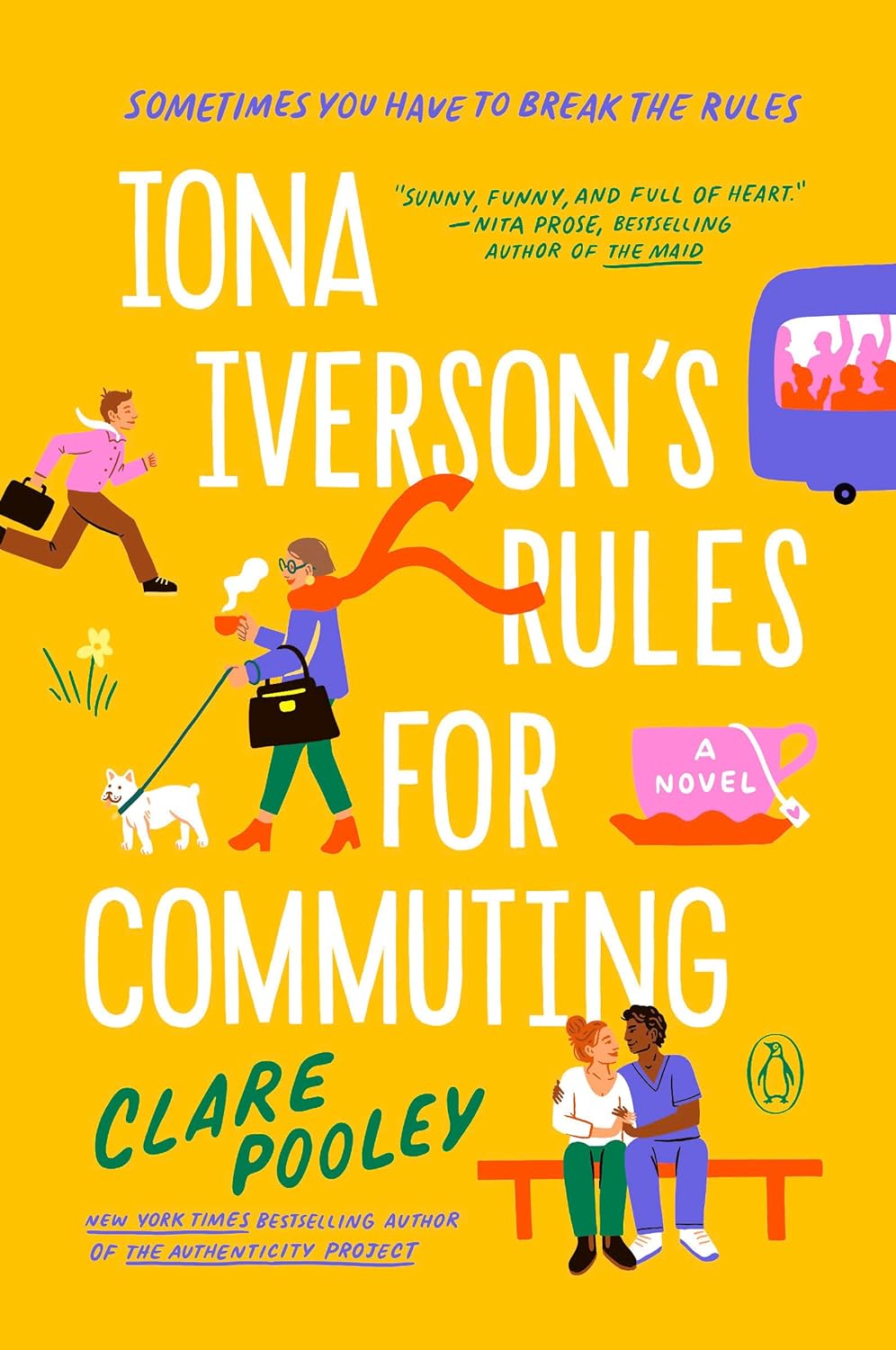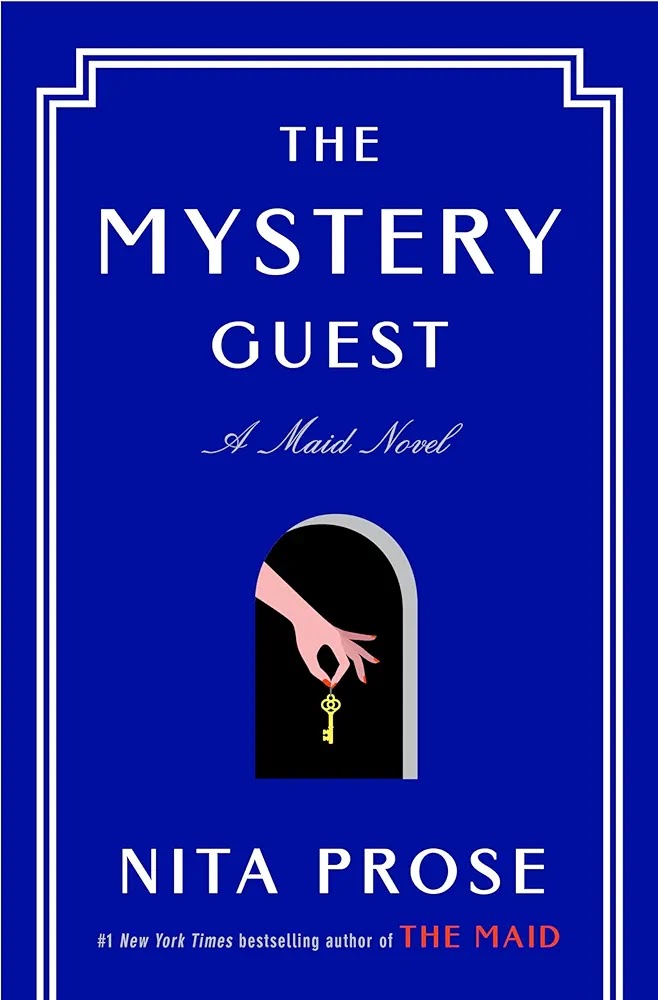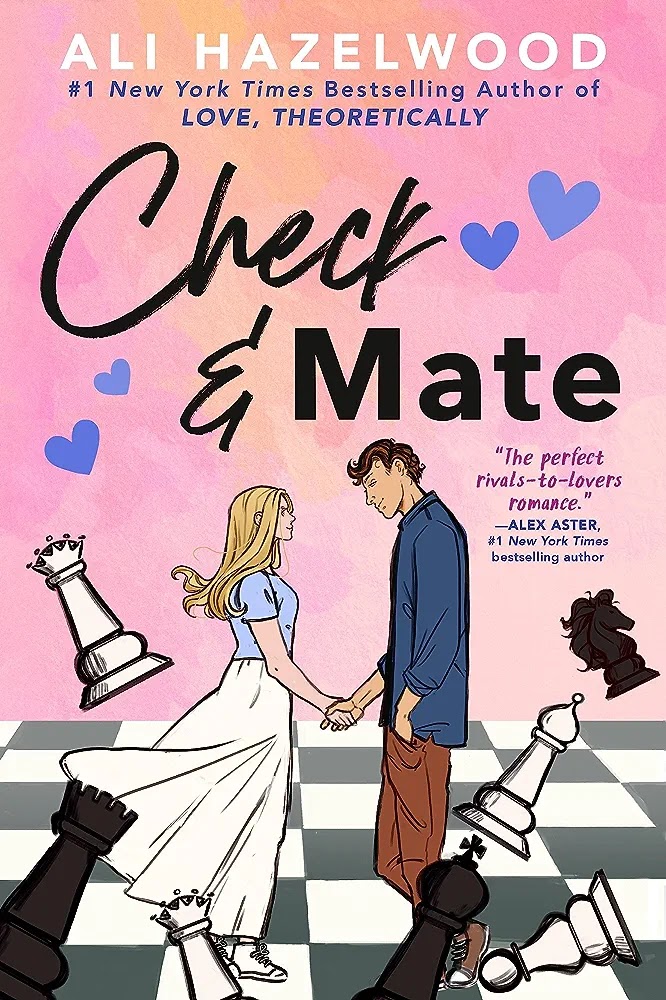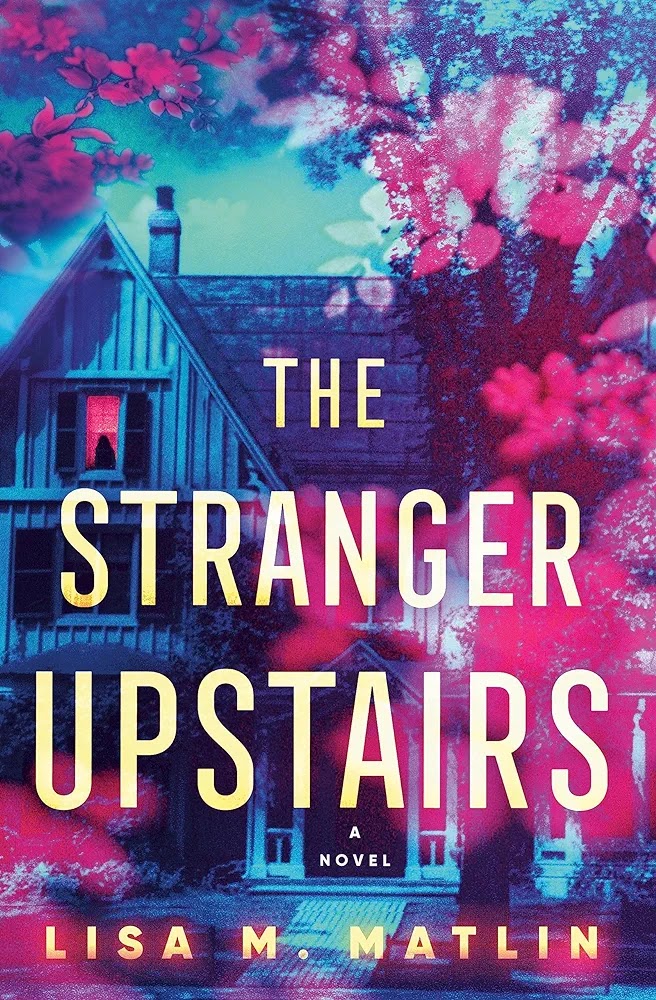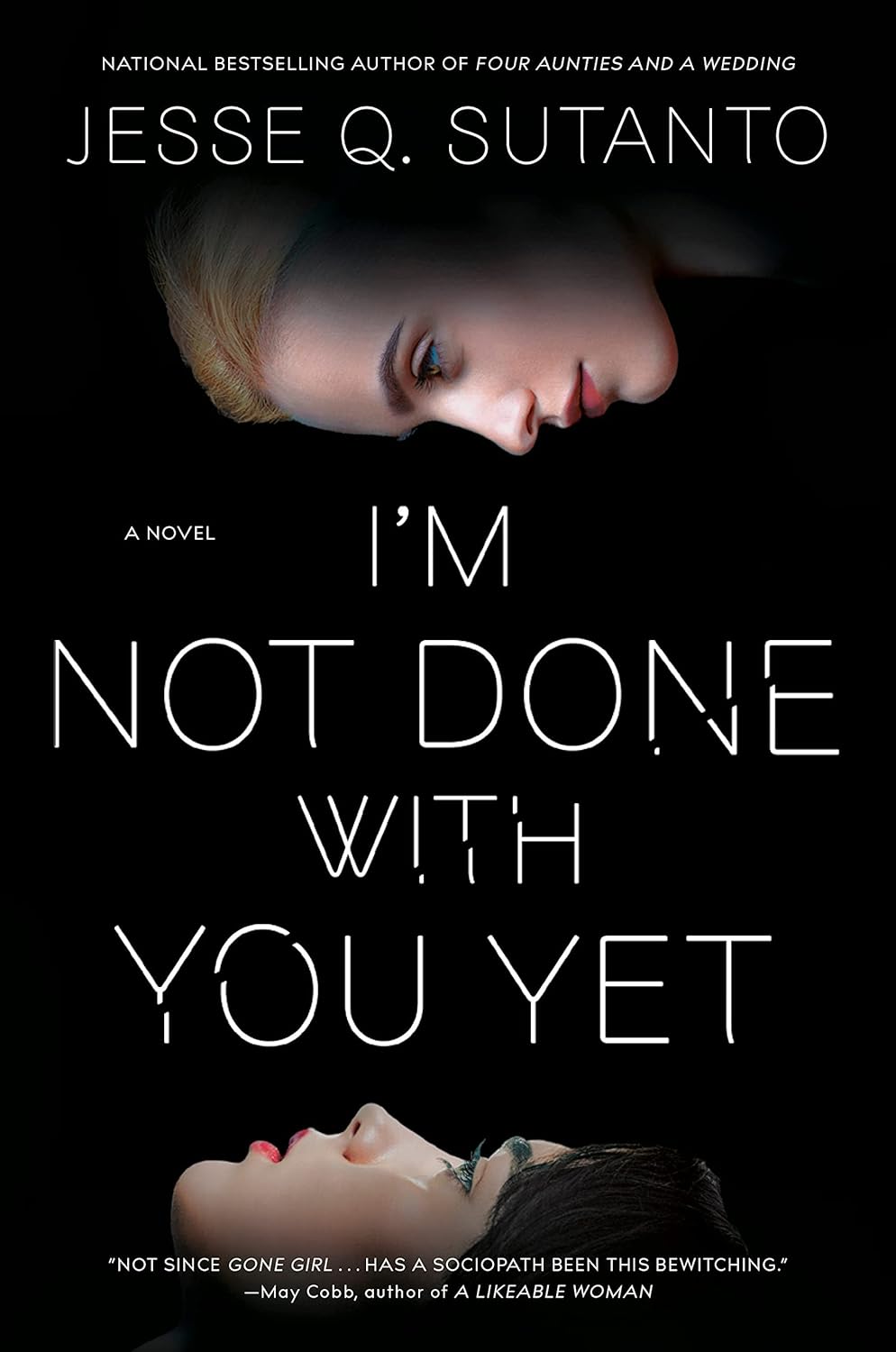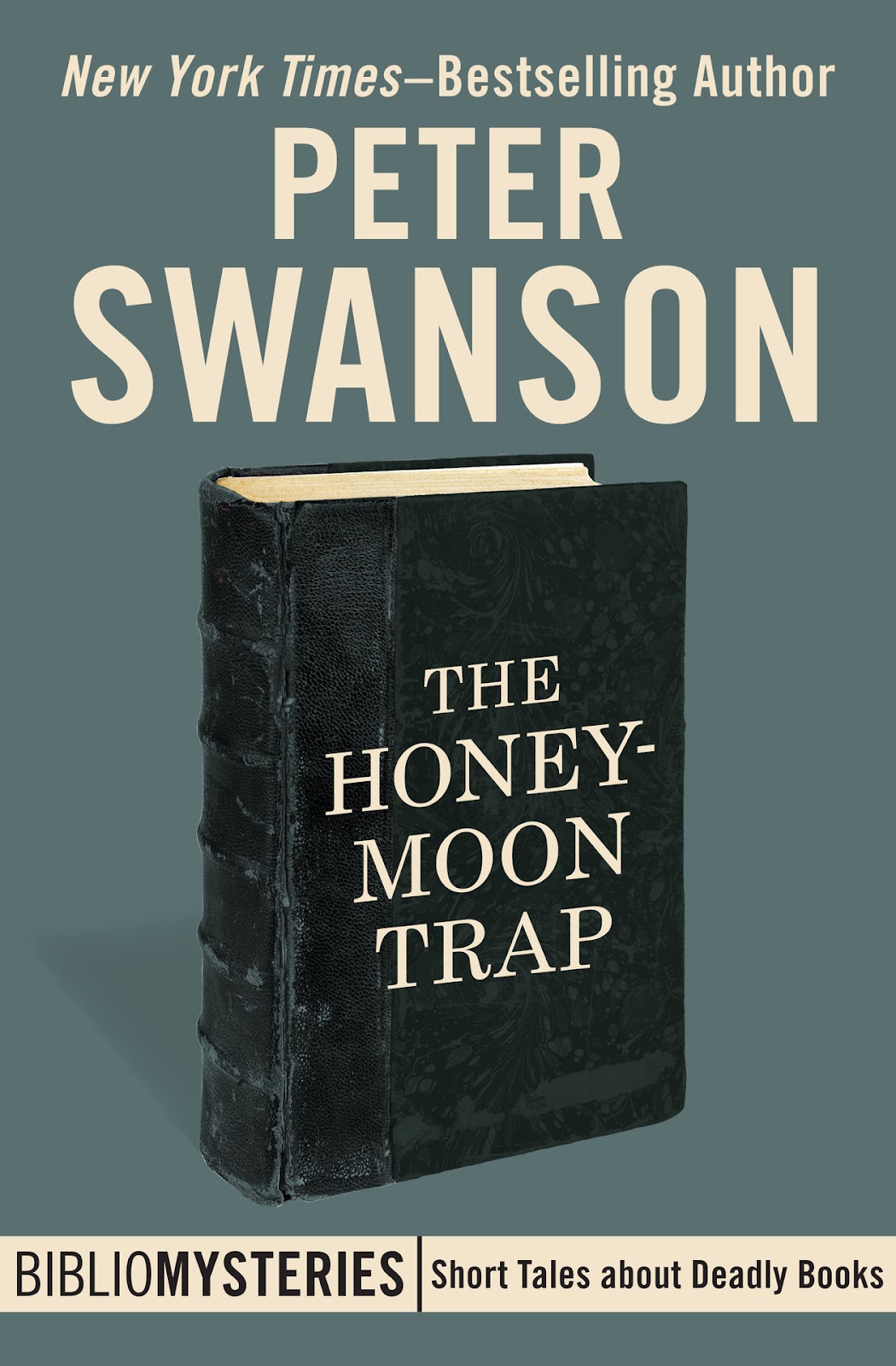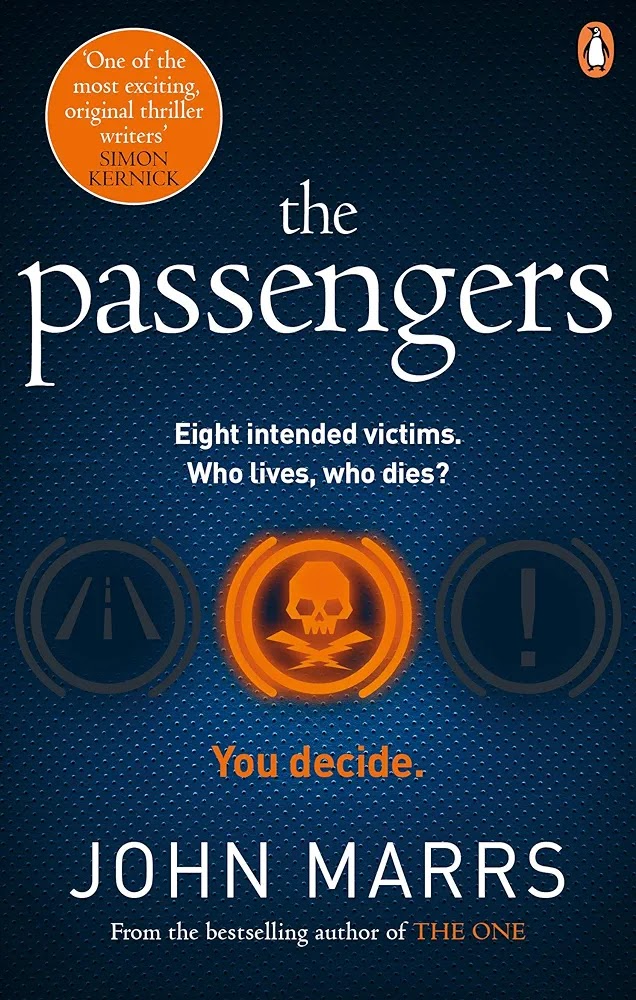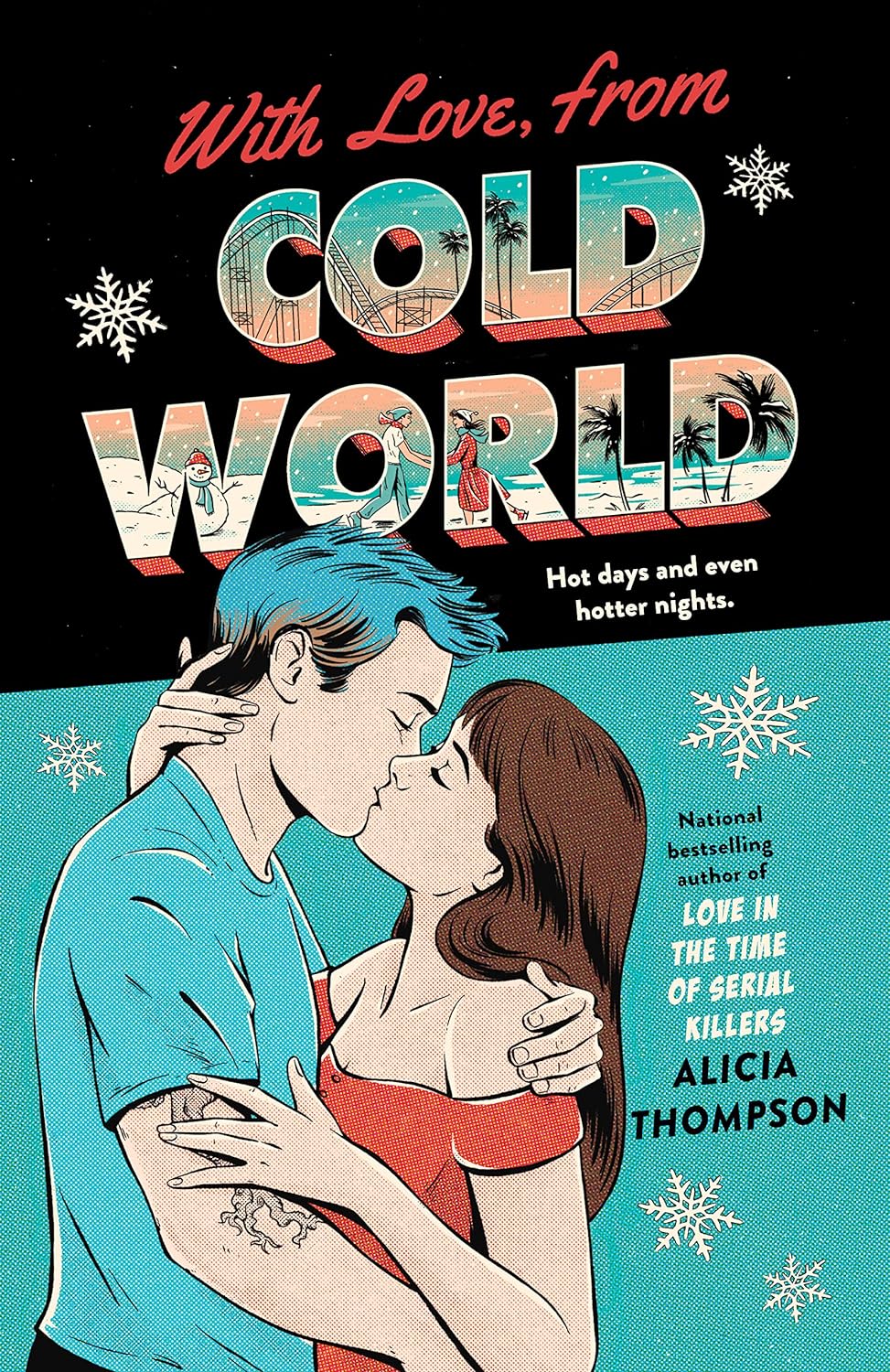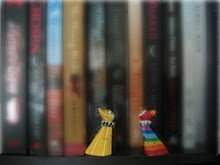Random House| 1 March 2022 | 352 pgs
Source: Library
I'm sure everyone has their regrets at some point and in this book, Daniel H. Pink stated that they're universal and are fundamental part of our lives. He also mentioned that if we reckon with our regrets in some fresh and imaginative ways, we can enlist them to make smarter decisions and deepen our sense of meaning and purpose.
The author conducted the World Regret Survey in which he collected the answers from more than 16,000 people in 105 countries and identifies the four core regrets that most people have - foundation regrets (e.g. "If only I'd done the work") , boldness regrets (e.g. "If only I'd taken that risk"), moral regrets (e.g. "If only I'd done the right thing") and connection regrets (e.g. "If only I'd reached out"). He went on to explore these deep structure regrets and also show the reader a few of each examples through his interviewees' answers alongside his research in other areas such as psychology, neuroscience, economics and biology to challenge widely held assumptions about emotions and behaviour.
He also explained about counterfactual thinking (our ability to mentally travel through time and to conjure incidents and outcomes that never happened) and also compare the two counterfactuals - "At Leasts" and "If Onlys". Opportunity and obligation also sit at the center of regret though the former has the more prominent seat and why we're more likely to regret what we didn't do than what we did.
Well, there are more findings and guides from what I've learned as stated above, but I'll end this post with a few quotes from the book which I find useful and something to think about.
"The four core regrets operate as a photographic negative of the good life. If we know what people regret the most, we can reverse that image to reveal what they value the most."
"Don't dodge emotions. Don't wallow in them either. Confront them. Use them as a catalyst for future behaviour. If thinking is for doing, feeling can help us think."
"Live as if you were living already for the second time and as if you had acted the first time as wrongly as you are about to act now!" ~ Viktor Frankl, 1946
"When we've completed a difficult and important task - we sometimes slack off and assume our work is done. But it's usually not. Don't just relish the goal you've achieved. Review the steps that got you there. Spend less time celebrating the destination and more time contemplating the journey."
© 2022 Melody's Reading Corner (https://mel-reading-corner.blogspot.sg/), All Rights Reserved. If you are reading this post from other site(s), please take note that this post has been stolen and is used without permission.












